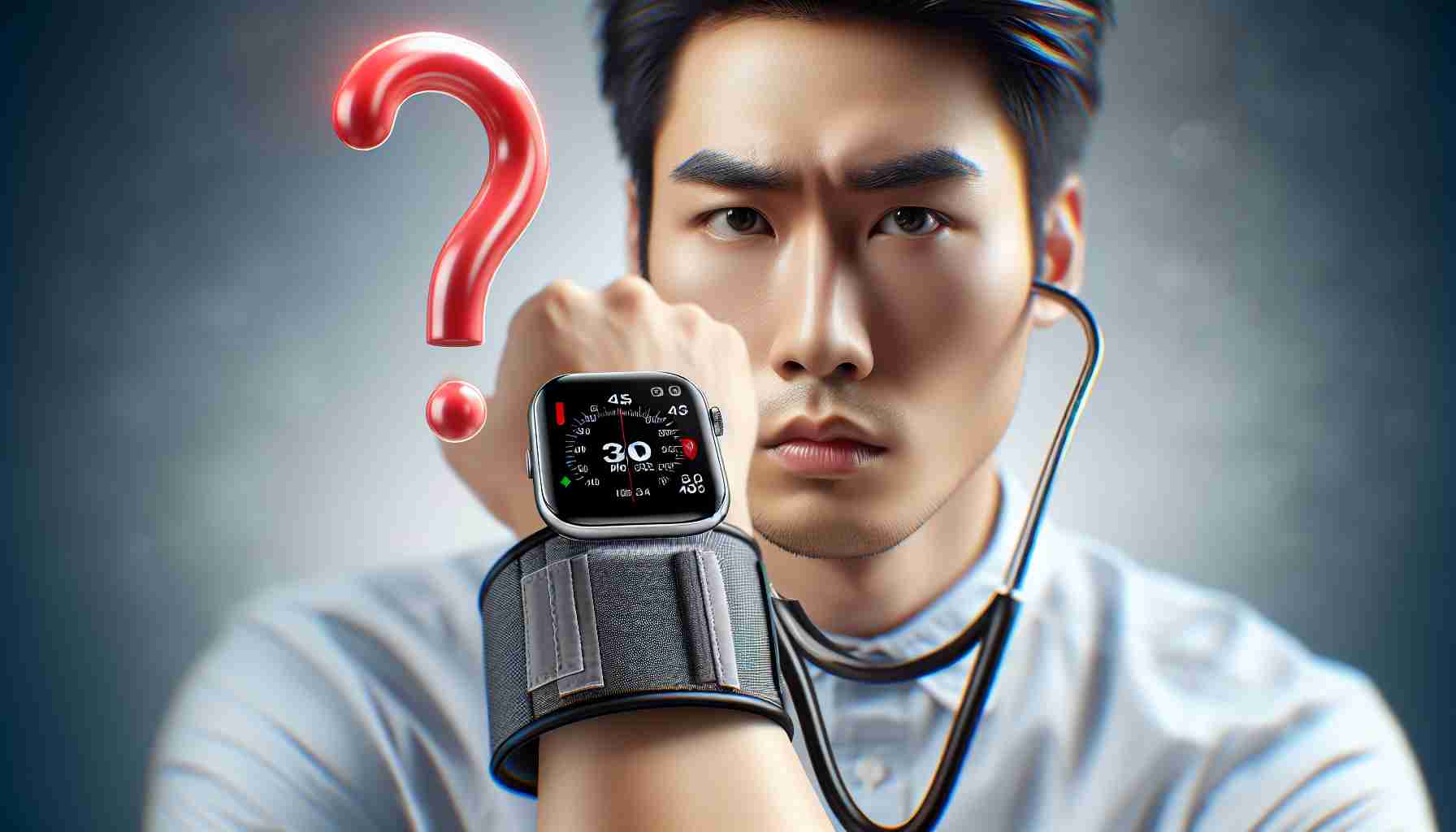The advent of smartwatches has revolutionized the way we monitor health, offering capabilities that were once confined to medical offices. Among the array of features, the ability to measure blood pressure is a standout. But can smartwatches truly deliver accurate readings?
Several smartwatches on the market claim to measure blood pressure, prompting interest and skepticism alike. They use PPG (photoplethysmography) sensors, which detect blood volume changes in the microvascular bed of tissue. The PPG sensor combined with an ECG (electrocardiogram) can estimate blood pressure by analyzing pulse arrival times. However, this methodology differs from the conventional inflatable cuff, raising questions about accuracy.
According to clinical studies, smartwatches offer a useful estimate rather than a precise measurement. The key is in regular calibration with a traditional blood pressure monitor. Calibration helps adjust the smartwatch’s algorithm to better suit the individual’s unique physiology. Without calibration, the readings might deviate significantly.
Despite limitations, the convenience of monitoring blood pressure anytime, anywhere makes smartwatches a valuable tool for health tracking. They might not replace standard cuffs in clinical settings, but for daily assessments and trend monitoring, they provide a compelling supplement.
It’s important to note that the FDA has approved some smartwatches for blood pressure monitoring, but the approval often applies to specific processes or algorithms rather than the overall device. Users should remain informed and maintain regular check-ins with healthcare providers while relying on such technology. Smartwatches highlight an exciting frontier in personal health monitoring, balancing convenience with the necessity for continued accuracy improvements.
Can Your Smartwatch Truly Track Your Blood Pressure Accurately? Pros and Cons Explained!
Smartwatches have indeed expanded the horizons of personal health monitoring, but can these wrist-worn gadgets truly measure blood pressure accurately enough to replace traditional methods?
For those considering relying on smartwatches for monitoring blood pressure, it’s crucial to acknowledge that accuracy can significantly vary. Without regular calibration to a standard blood pressure cuff, the readings could lead to inaccurate health assessments. Calibration ensures that your smartwatch adjusts its algorithms to align better with your physiology. But isn’t this extra effort akin to maintaining a traditional pressure monitor?
Surprisingly, debates around these gadgets’ accuracy have sparked discussions about FDA approvals. Some FDA endorsements are only for specific processes rather than the complete device, leading to potential misunderstandings.
The potential advantages include the freedom to check your blood pressure regularly without visiting a clinic, facilitating more proactive health management. The convenience factor cannot be overstated: being able to check your health metrics while on the go is the epitome of modern health tracking. However, this ease of access might breed complacency, with users possibly ignoring regular professional medical assessments.
Challenges remain: are smartwatches setting false expectations for reliability? Can the cost of these advanced tech gadgets be justified if calibration aids are still necessary?
Incorporating smartwatch data into regular healthcare regimens is encouraged, but supplementary monitoring should precede any significant health decisions. For further information on personal health technology innovations, visit Apple’s website or Samsung’s page.
Stay informed and stay healthy, as the line between convenience and accurate medical assessment continues to blur.







